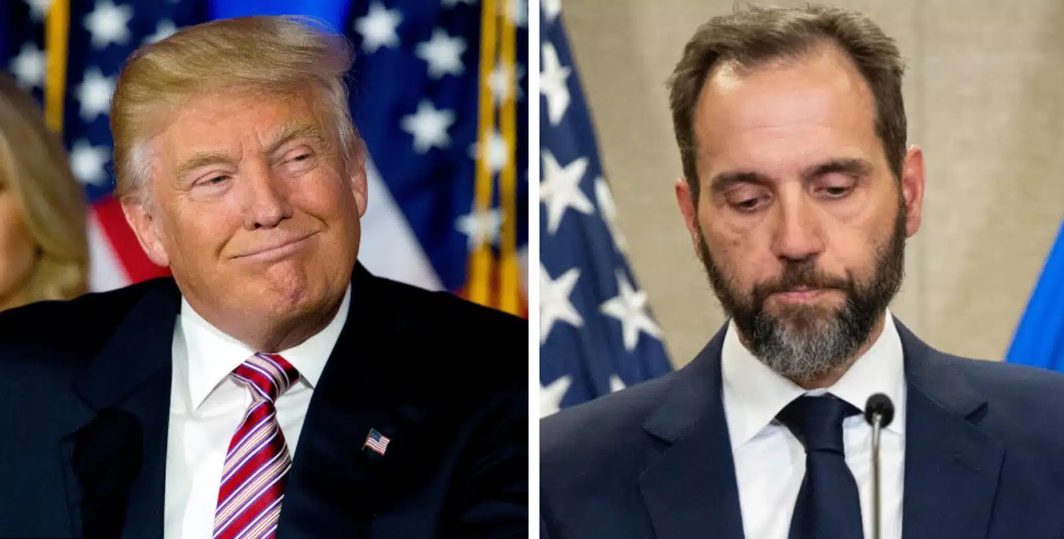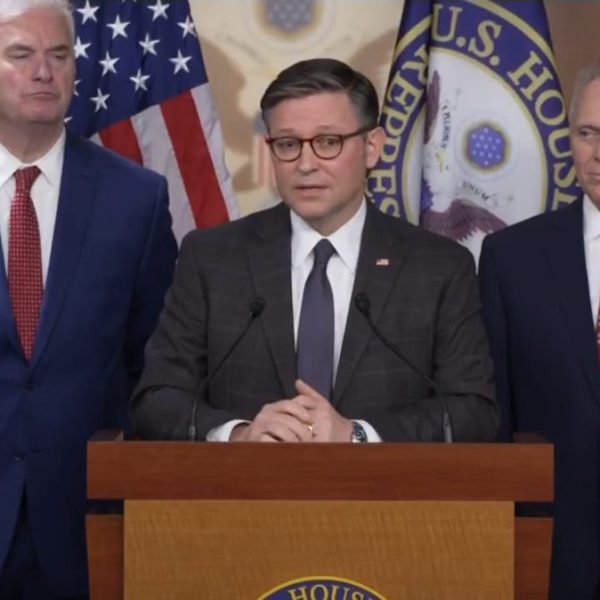In the bustling corridors of power, a new chapter unfolds as the Department of Justice (DOJ) makes a strategic move that reverberates across the political landscape. The DOJ has filed a motion to dismiss the federal criminal case against President-elect Trump, invoking constitutional protections that shield sitting presidents from indictment and prosecution. This bold maneuver, orchestrated by Special Counsel Jack Smith, seeks to pause the case without prejudice, leaving the door open for potential charges once Trump steps down from office.
Triumphantly emerging from the November 2024 election, Trump bested Kamala Harris and is poised to take the oath as the 47th President of the United States on January 20, 2025. The legal saga, United States v. Donald J. Trump, stems from accusations of meddling in the certification of the 2020 presidential election results. The original indictment, unveiled in August 2023, brought forth allegations of obstructing an official proceeding and conspiring to defraud the United States.
Smith’s motion candidly addresses the complexities introduced by Trump’s electoral victory. “The Constitution forbids the federal indictment and subsequent criminal prosecution of a sitting President,” it declares. The document emphasizes that this decision isn’t about dismissing the merits of the case but adhering to constitutional safeguards, a stance backed by the DOJ’s Office of Legal Counsel (OLC).
The OLC’s enduring opinion, dating back to 1973 and reaffirmed in 2000, maintains that prosecuting a sitting president would disrupt the delicate balance of powers enshrined in the Constitution. Such proceedings could impede a president’s capacity to govern effectively. Citing these authoritative opinions, the DOJ argues that dismissal is imperative to honor constitutional duties.
Smith articulates a careful balancing act between two pivotal national interests: “the Constitution’s requirement that the President must not be unduly encumbered in fulfilling his weighty responsibilities” and America’s steadfast dedication to justice. By seeking dismissal without prejudice, Smith ensures that this case can be resurrected after Trump’s presidency concludes.
The Supreme Court’s earlier decision in *Trump v. United States* played a crucial role in shaping this DOJ strategy. The Court had extended immunity to Trump for certain actions during his presidency, which resulted in a more narrowly focused indictment concerning his post-presidential activities. Yet, Trump’s re-election introduces an unprecedented legal conundrum.
Despite these challenges, the motion makes clear that evidence against Trump remains robust; however, constitutional imperatives necessitate temporary immunity. Dismissing without prejudice preserves future accountability options once Trump exits office, with mechanisms like equitable tolling potentially addressing statute of limitations issues.
Should this motion prevail, legal battles against Trump will be suspended throughout his presidency, setting an intriguing stage for future confrontations both legally and politically. As we watch this narrative unfold, one must ponder: How does our nation navigate these intricate intersections of law and leadership?




Leave a Comment